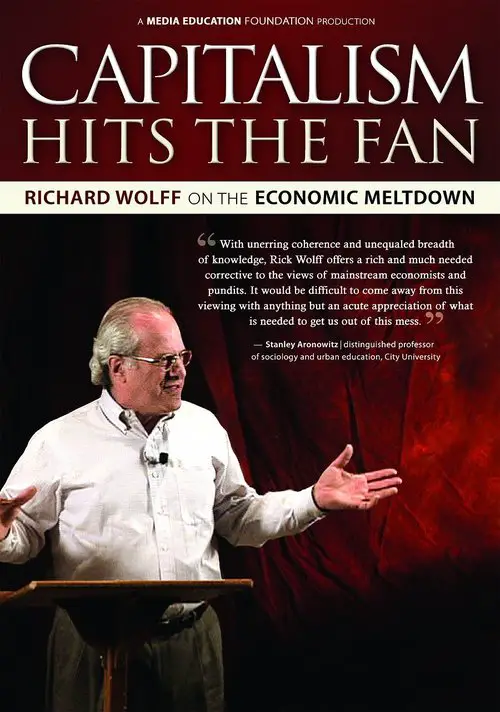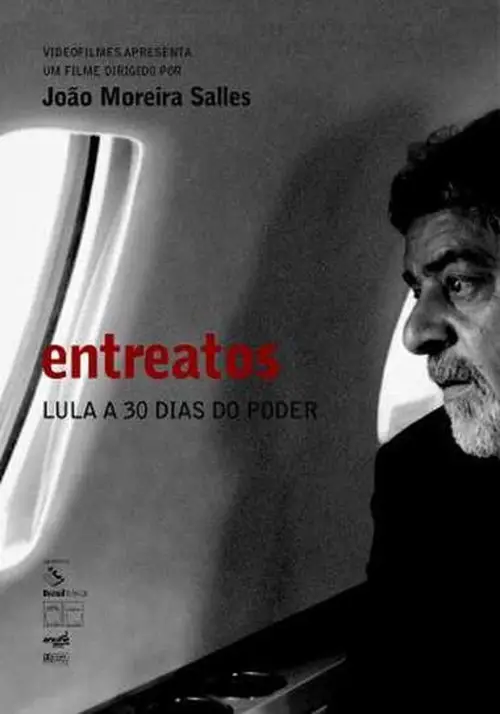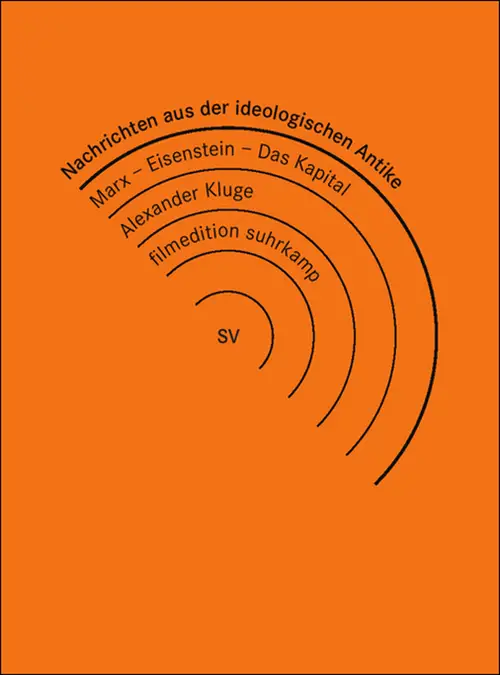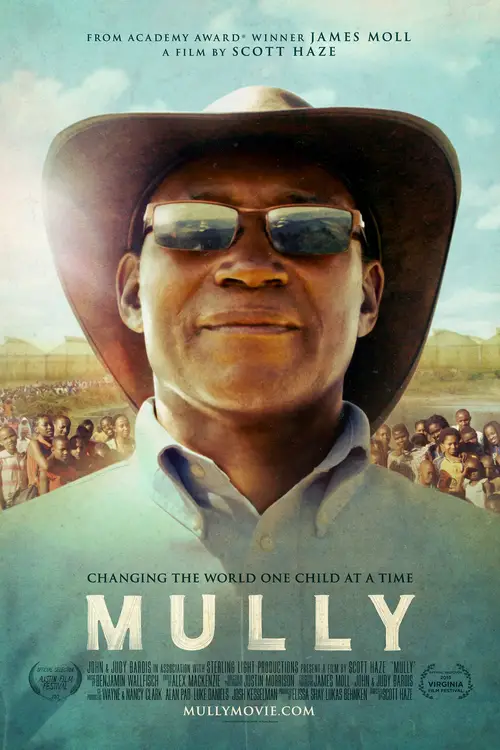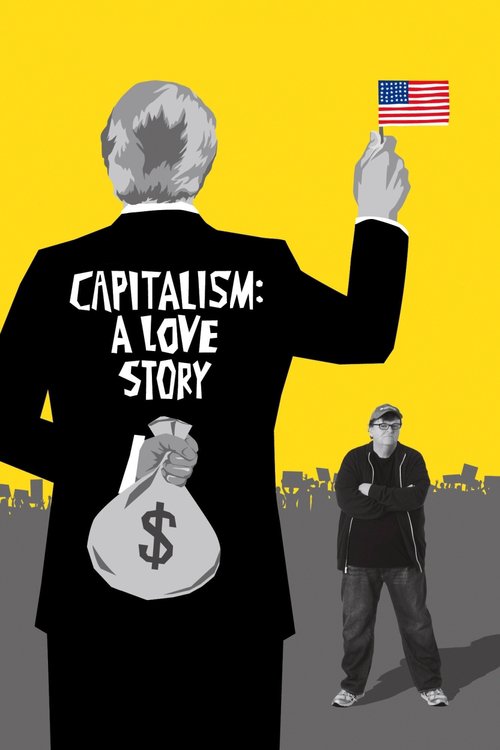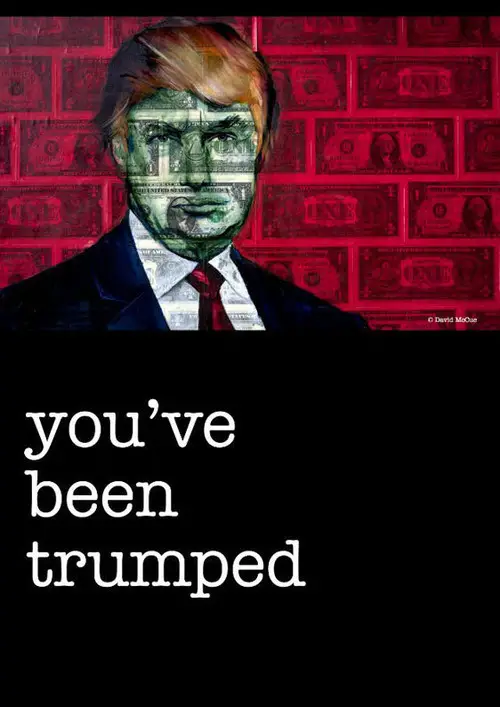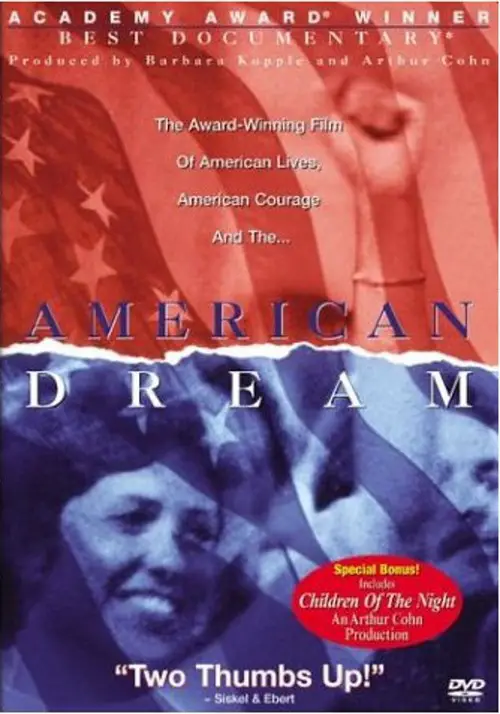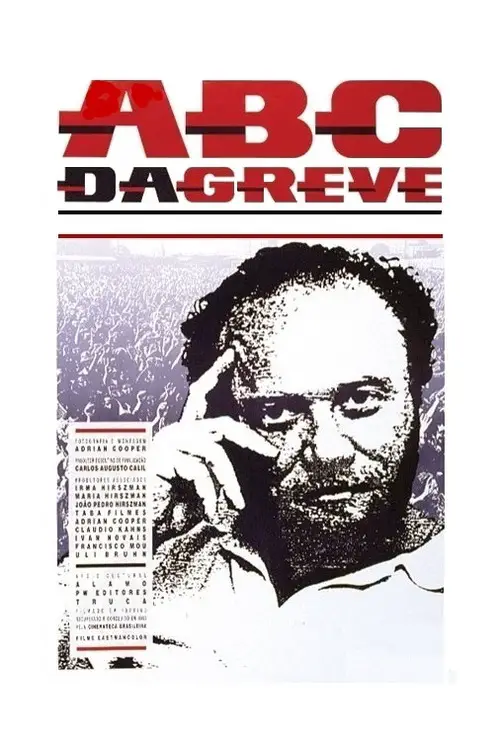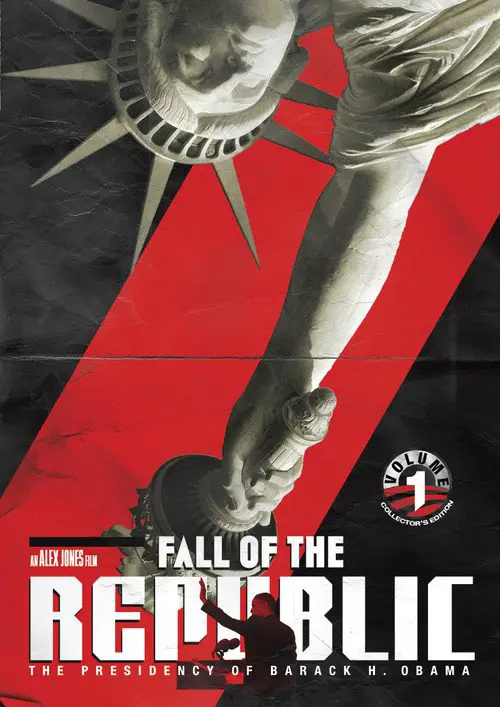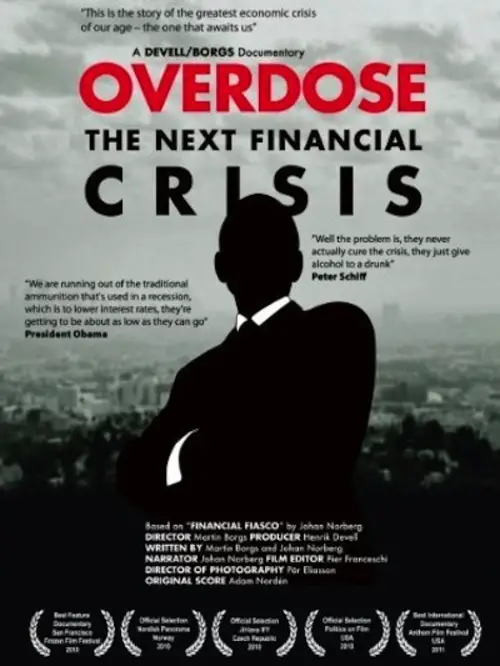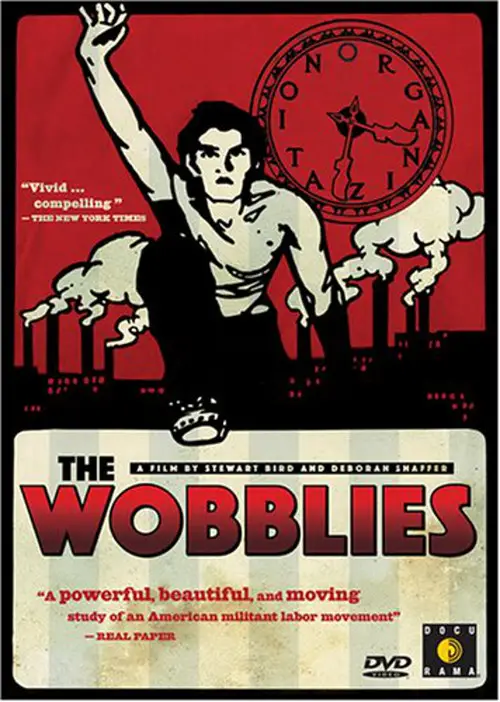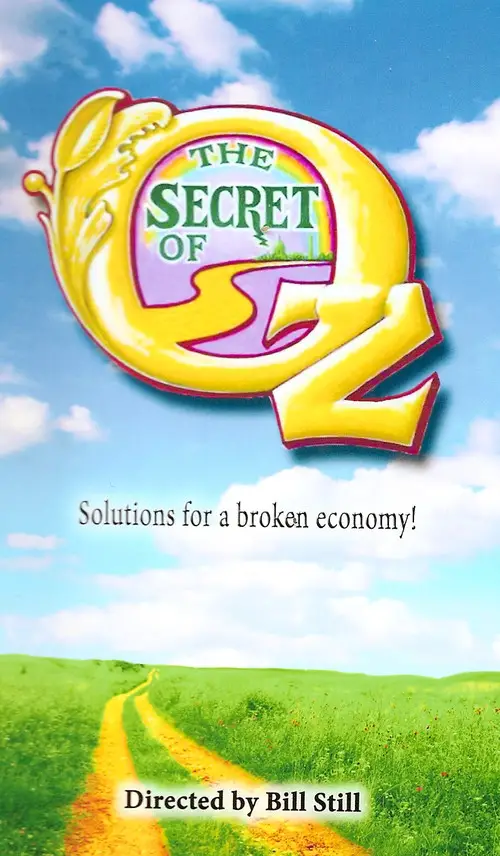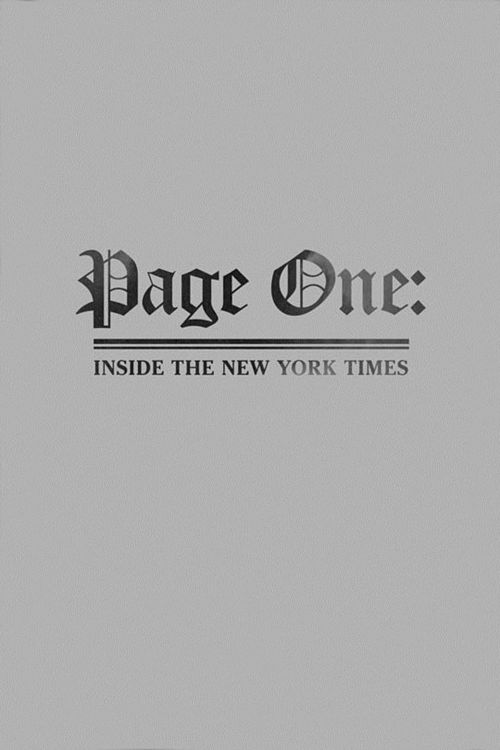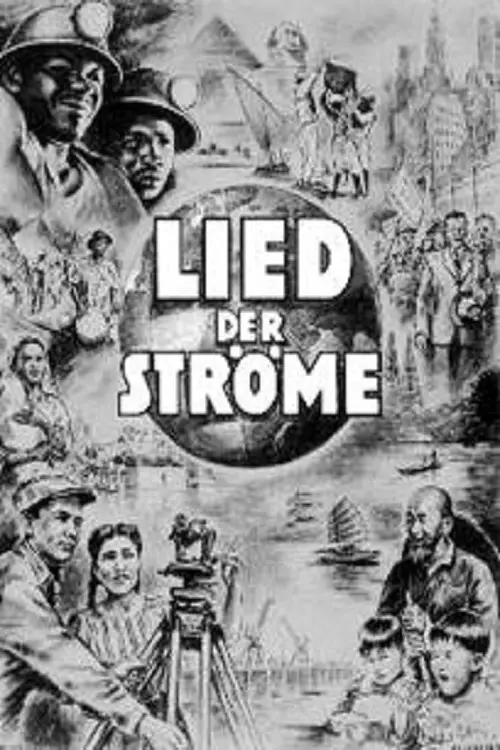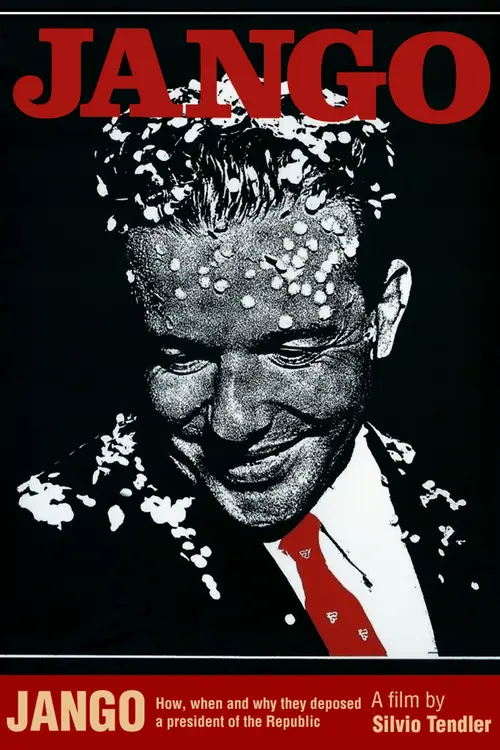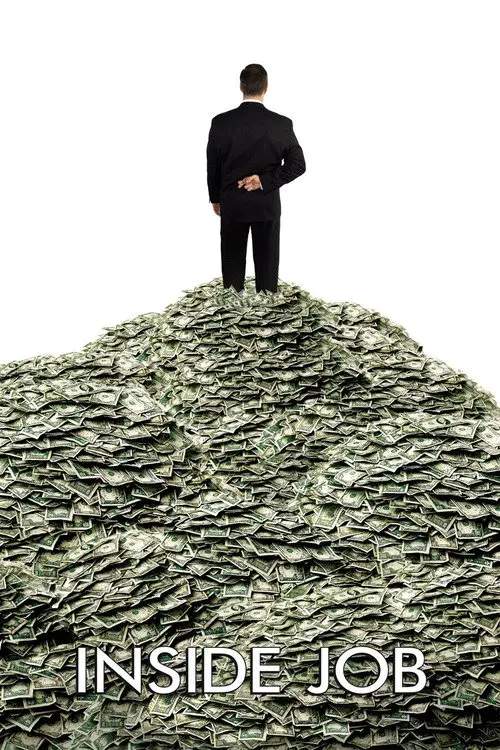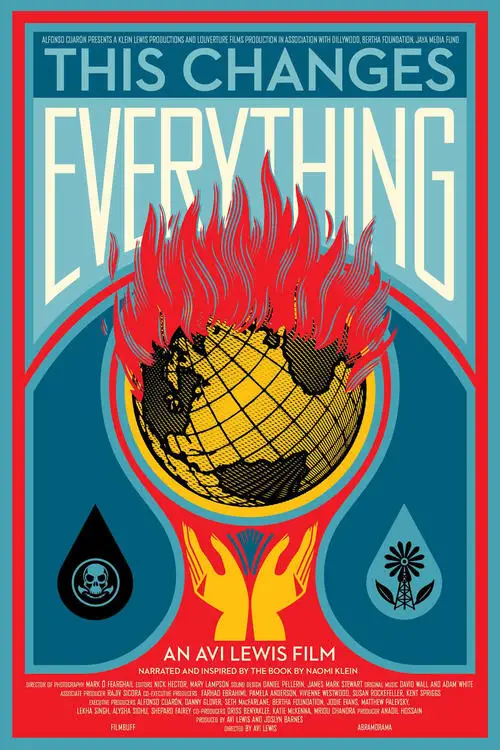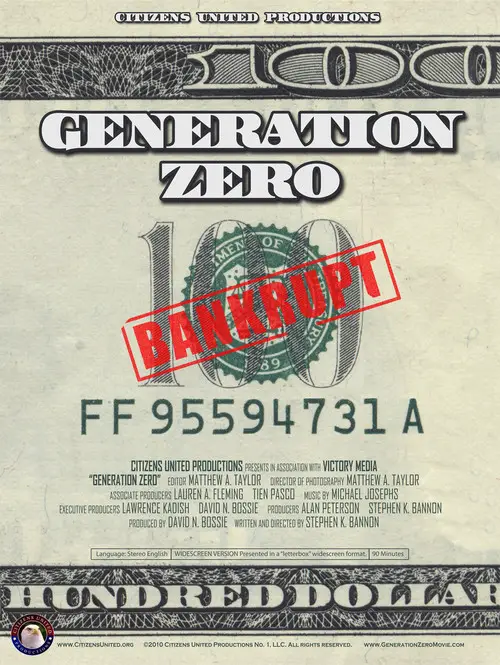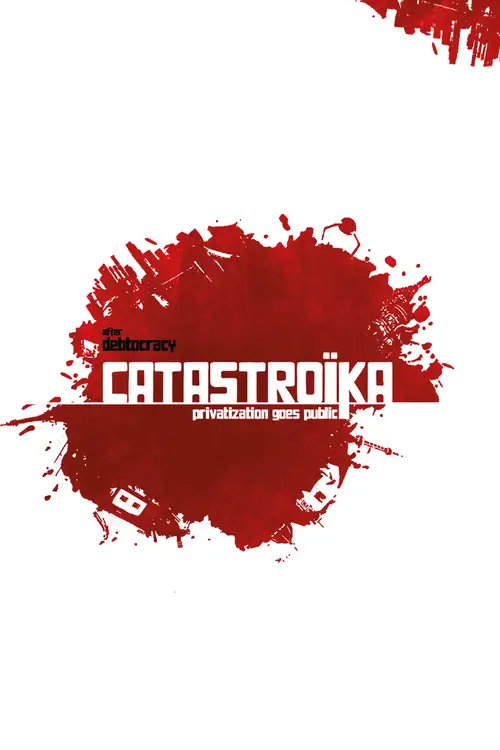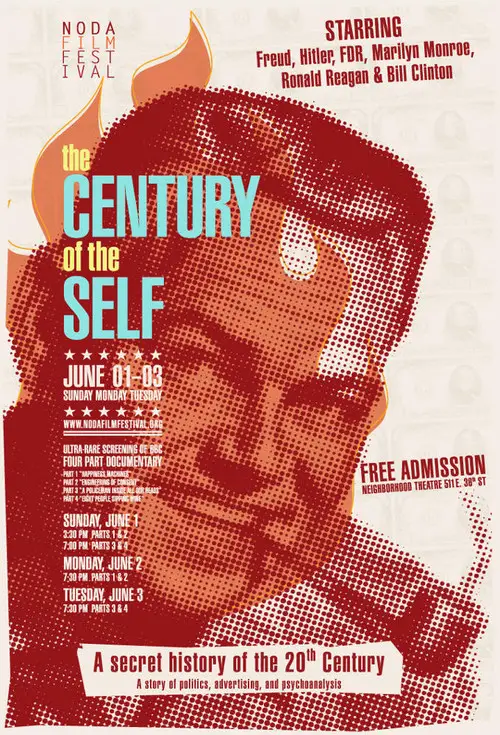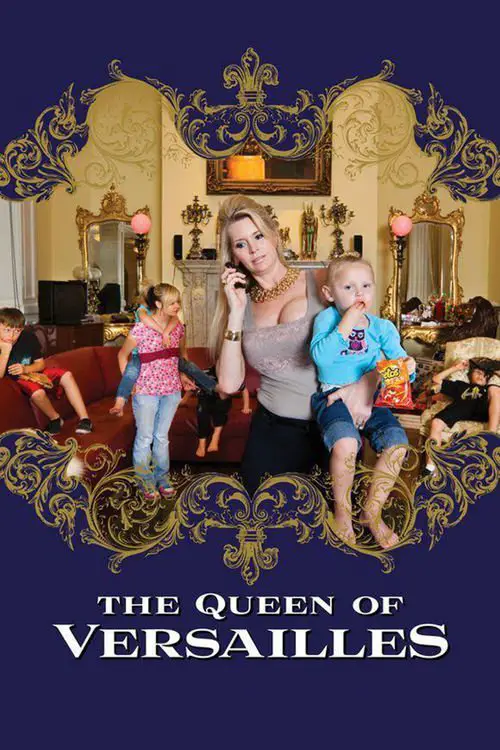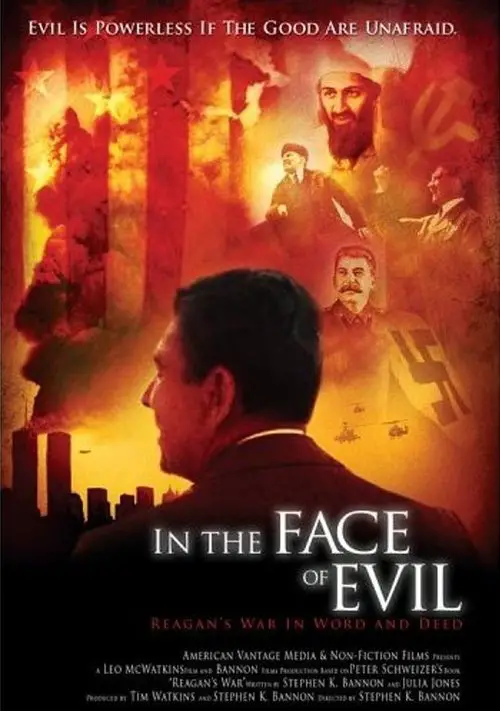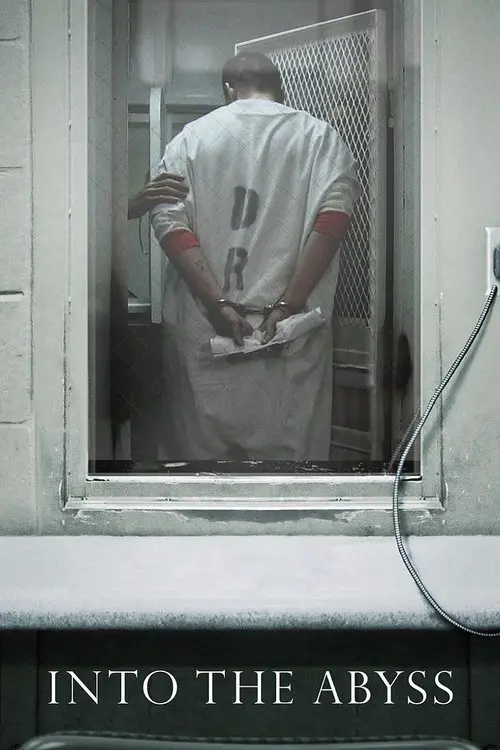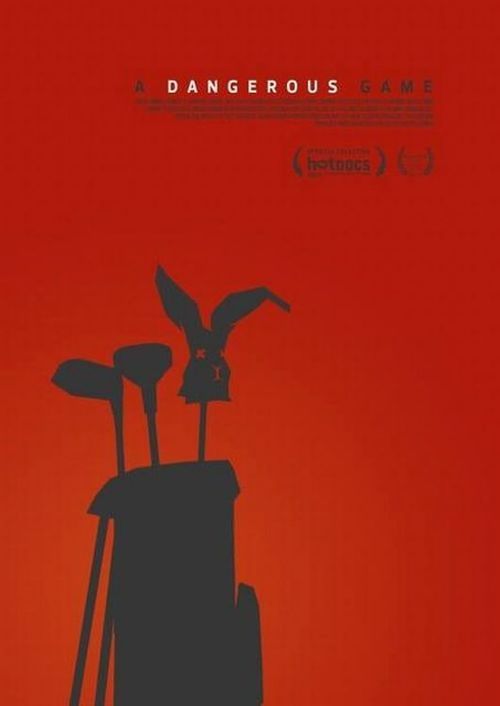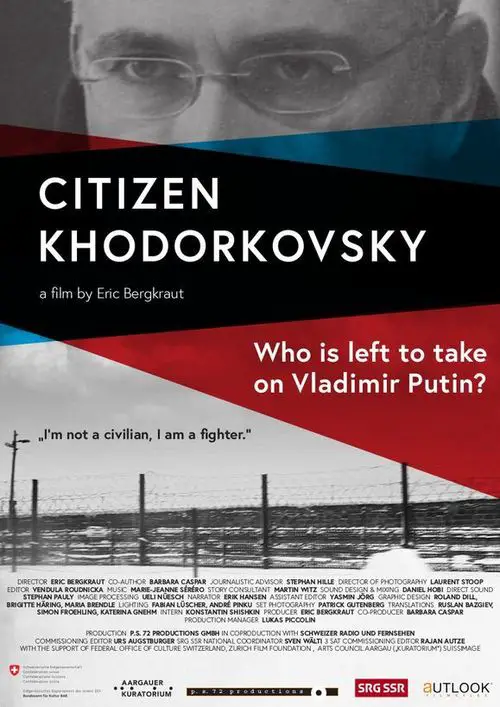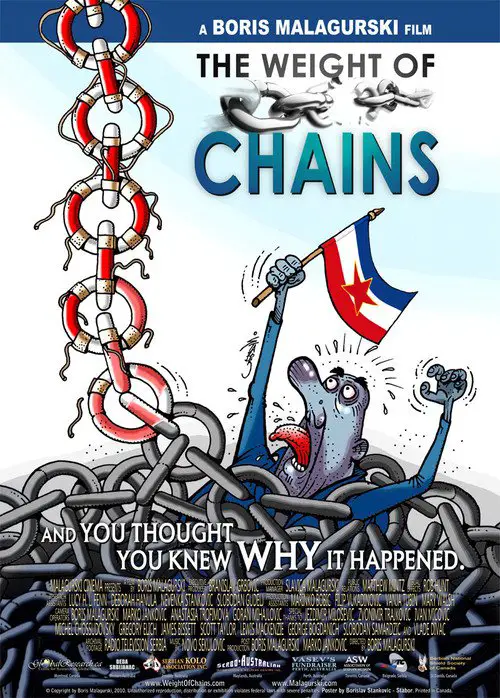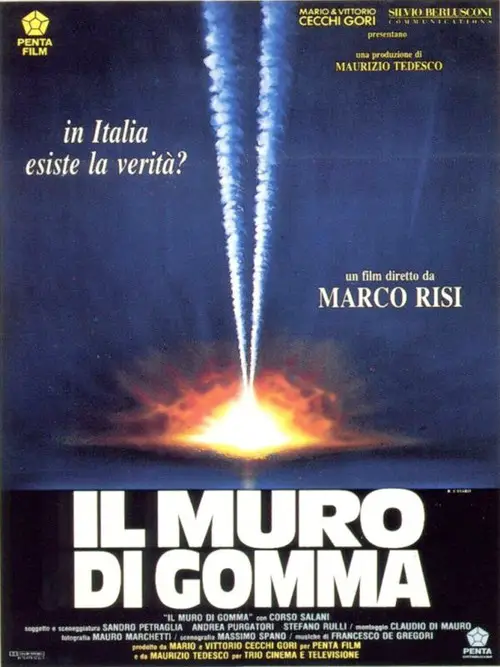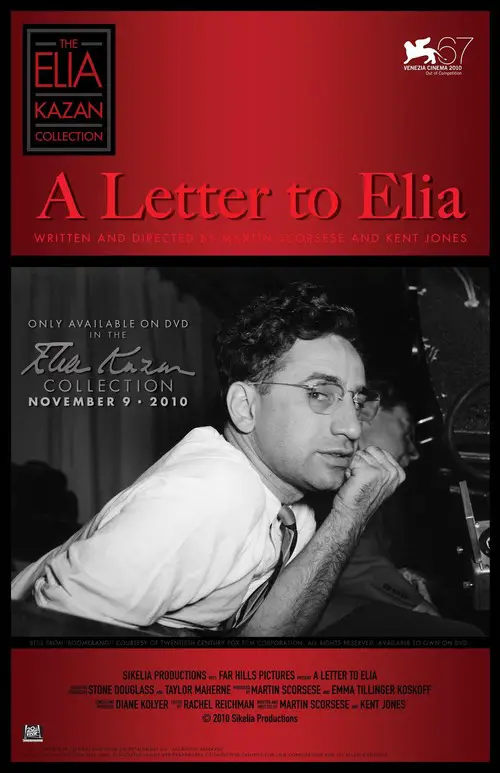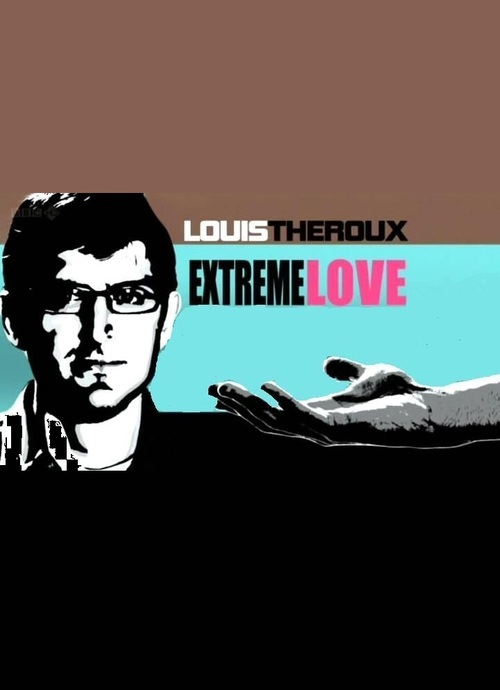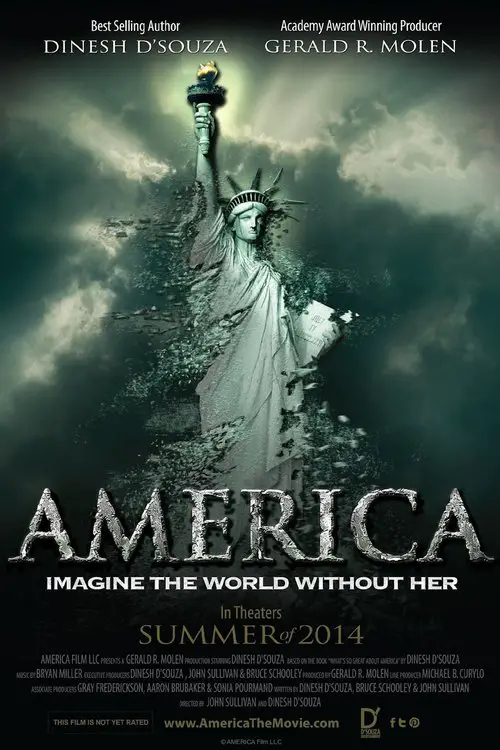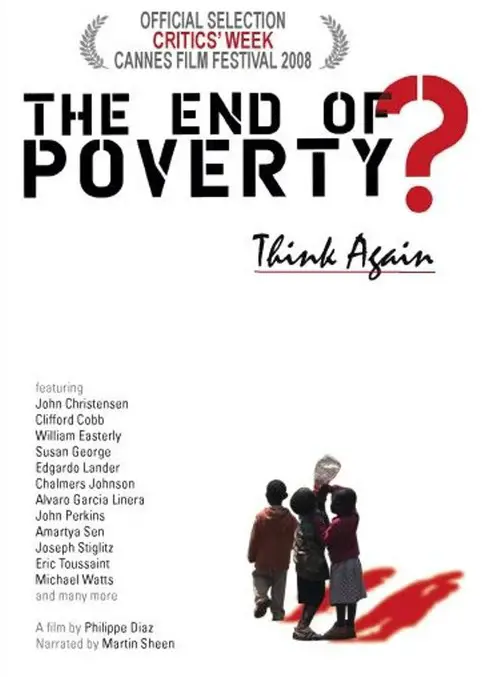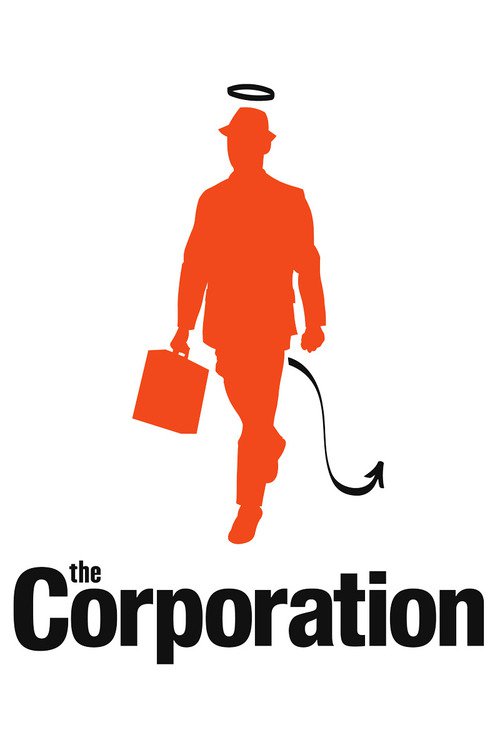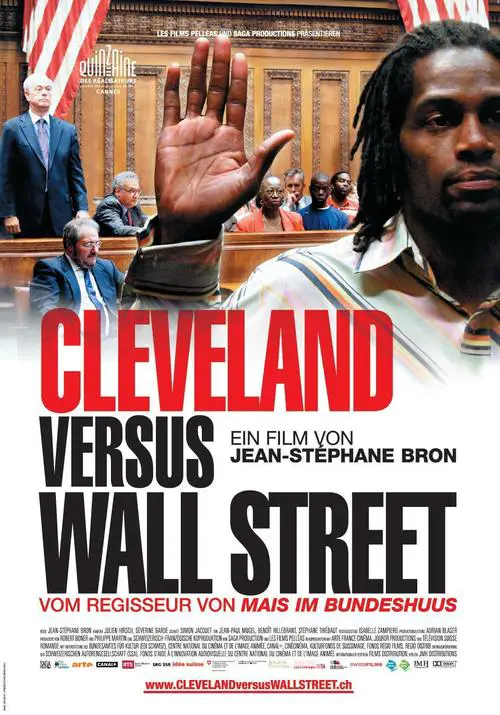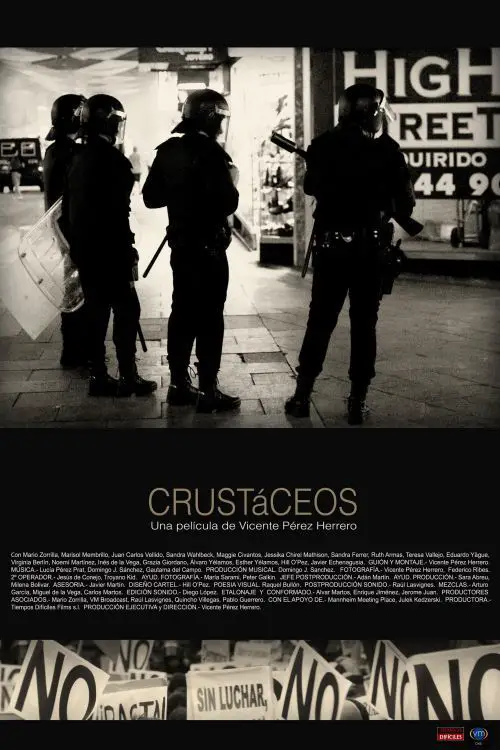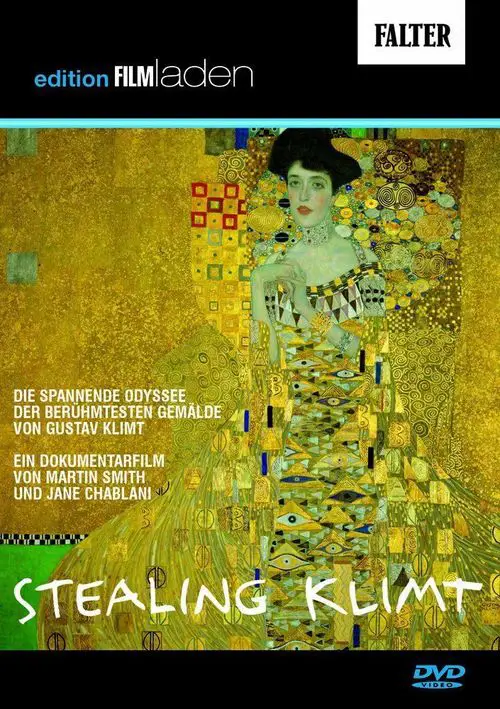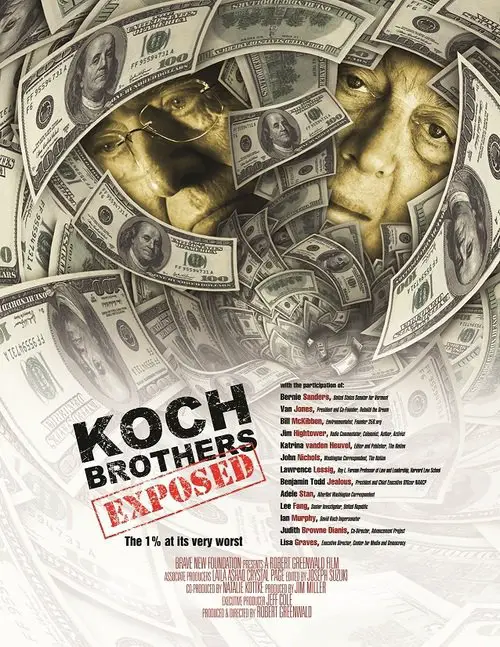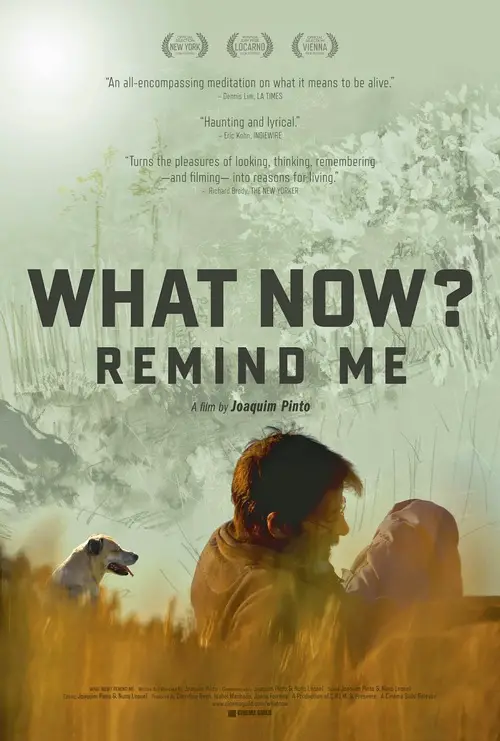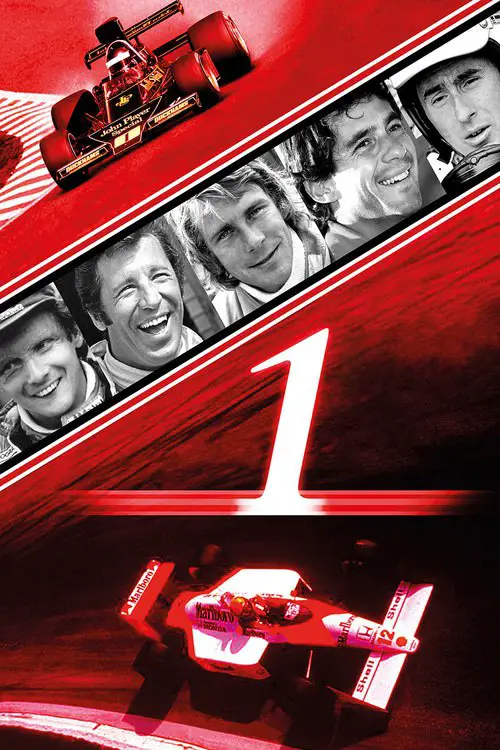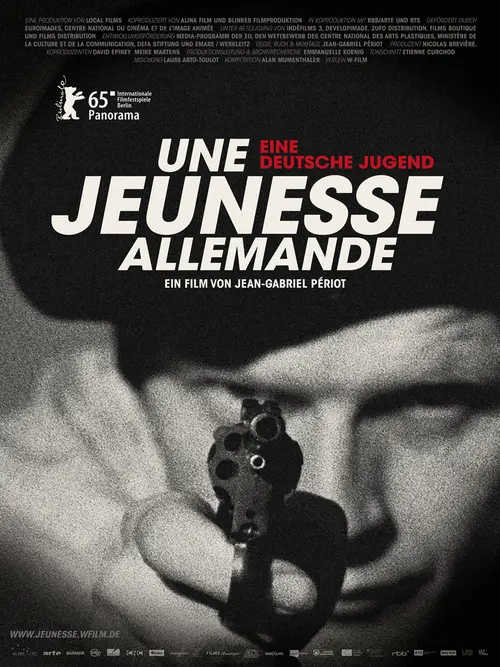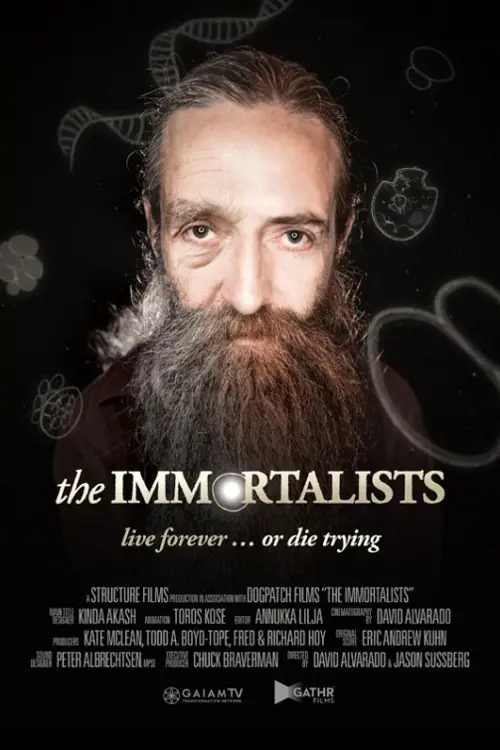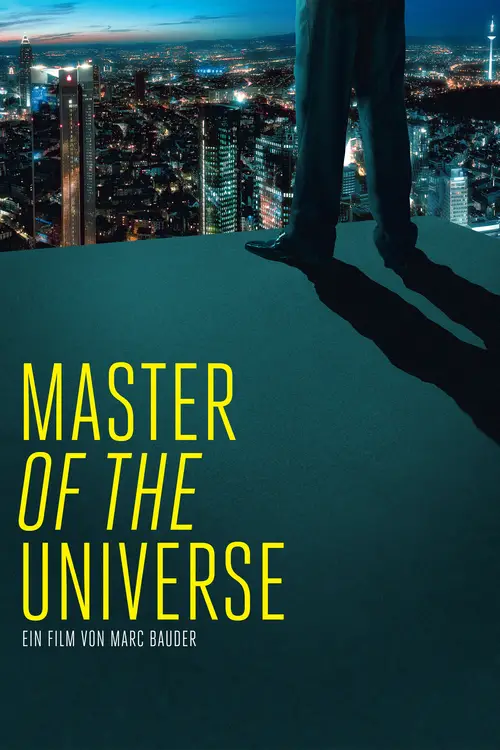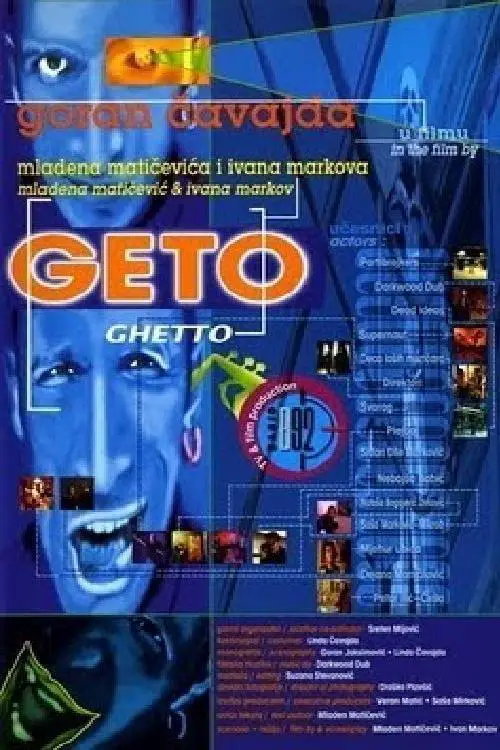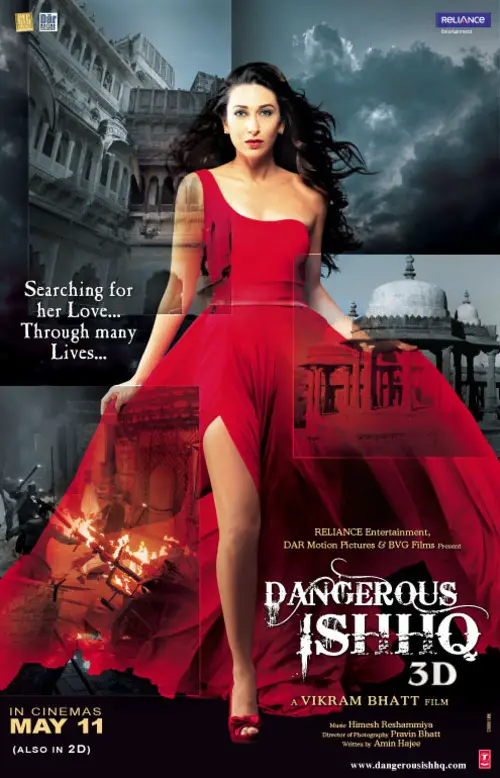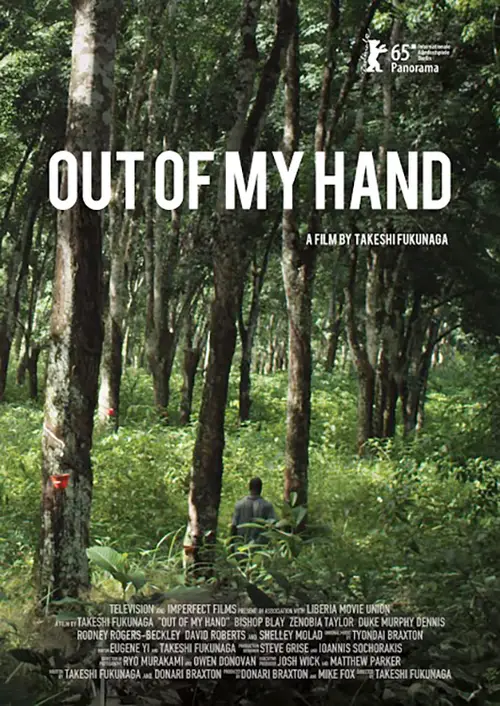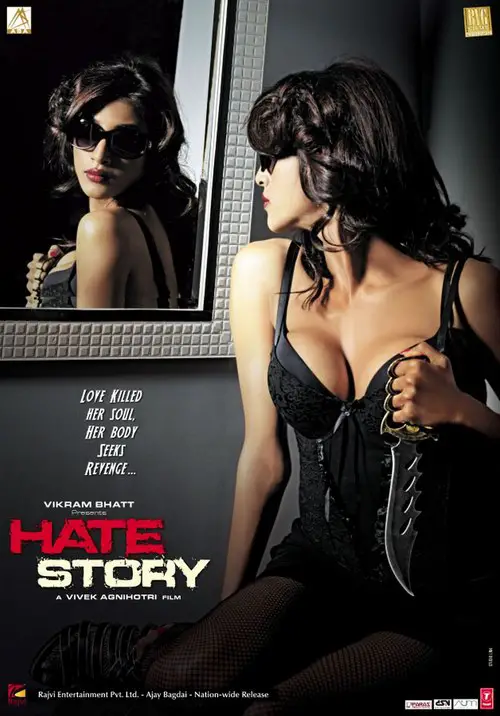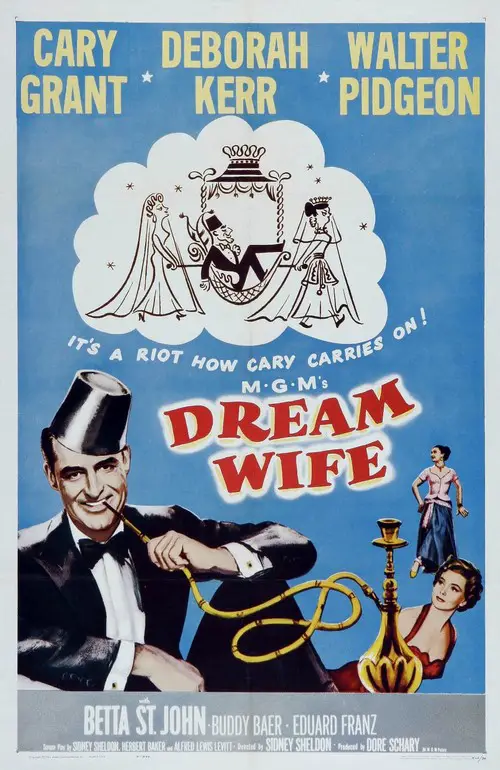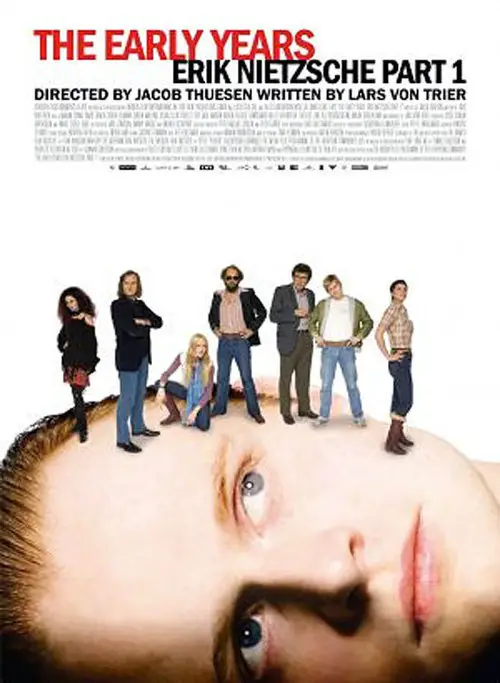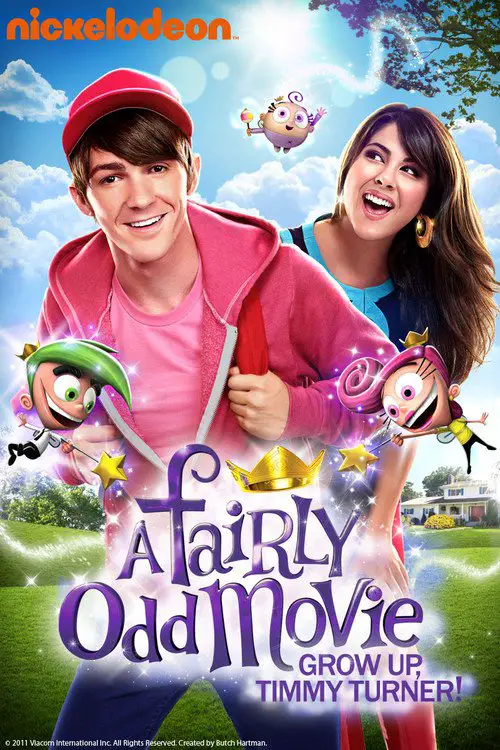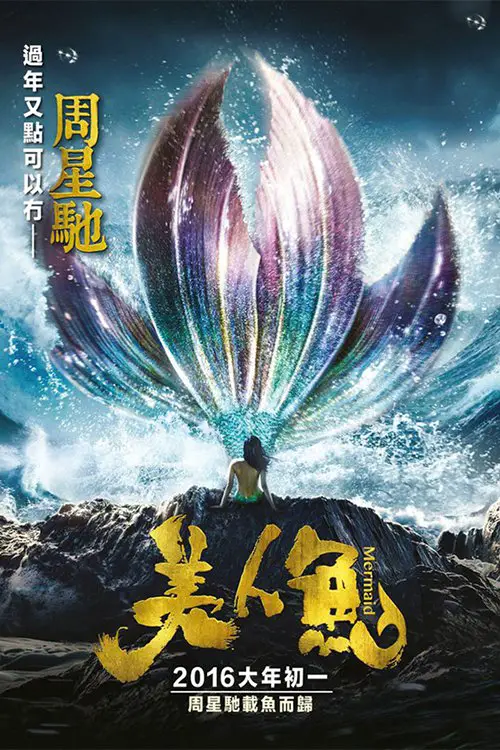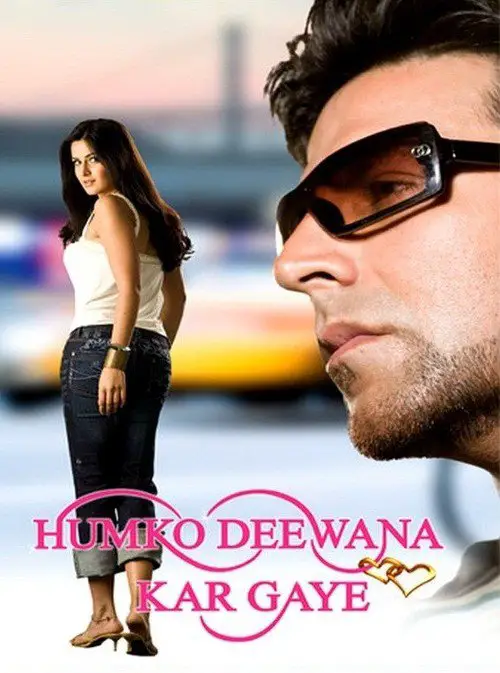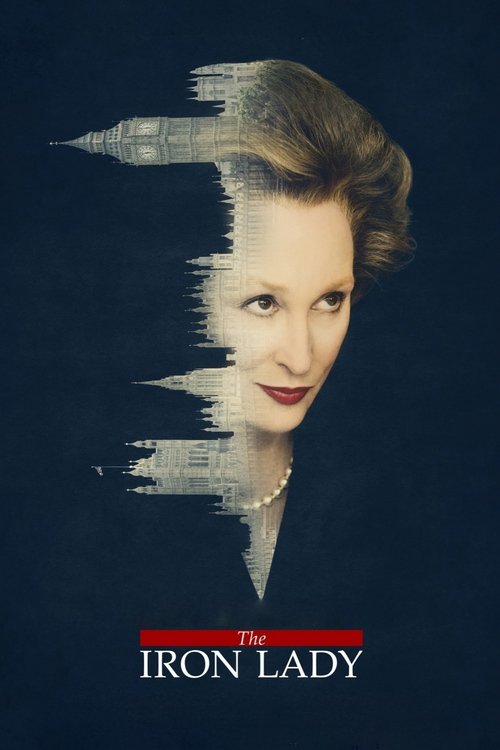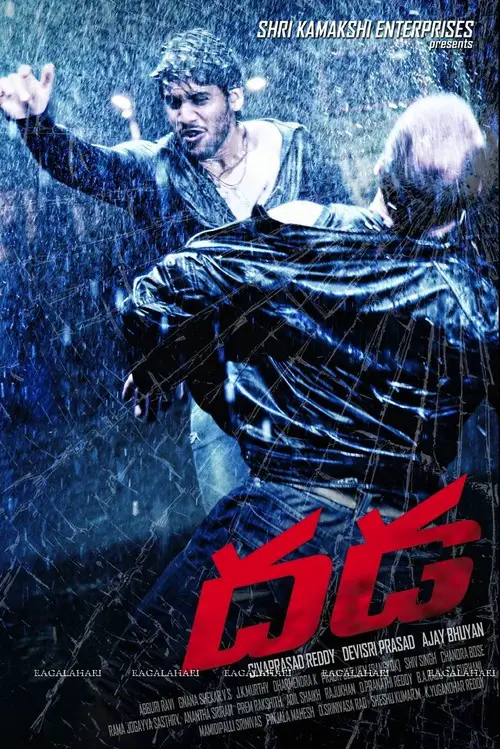The Old School of Capitalism (2009)
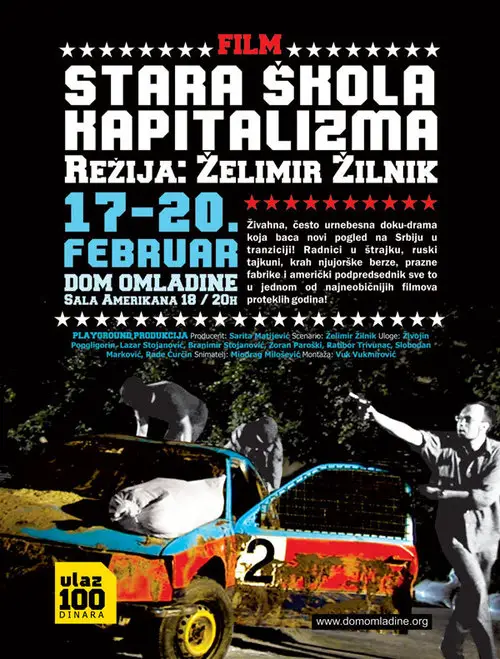
Similar movies
With breathtaking clarity, renowned University of Massachusetts Economics Professor Richard Wolff breaks down the root causes of today's economic crisis, showing how it was decades in the making and in fact reflects seismic failures within the structures of American-style capitalism itself. Wolff traces the source of the economic crisis to the 1970s, when wages began to stagnate and American workers were forced into a dysfunctional spiral of borrowing and debt that ultimately exploded in the mortgage meltdown. By placing the crisis within this larger historical and systemic frame, Wolff argues convincingly that the proposed government "bailouts," stimulus packages, and calls for increased market regulation will not be enough to address the real causes of the crisis, in the end suggesting that far more fundamental change will be necessary to avoid future catastrophes.
João Moreira Salles, perhaps the finest documentary filmmaker of his generation, had complete access to Lula during the hectic 2002 campaign season. Salles fills his film with intimate behind-the-scenes footage of the campaign trail, focusing on the âintermissionsâ between the big public events that dominate campaign coverage. Lulaâs candor and charisma comes across whether heâs bantering at his regular barbershop or debating with his campaign team on a cramped private plane. Intermissions not only provides great insight into one of the most fascinating world leaders of our timeâEsquire named him âone of the most influential people of the 21st centuryââbut it ranks alongside The War Room as one of the most perceptive and candid political documentaries ever. -Description via Wexner Center Film/Video
Alexander Kluge's News from Ideological Antiquity begins with Russian filmmaker Sergei Eisenstein's ambitious but unrealized plan to combine Karl Marx's Capital and James Joyce's Ulysses. For over nine hours, the film expands in concentric circles as Kluge, his guests, interlocutors and monologists make associative links on a range of topics that starts from a filmic discussion of Eisenstein's notes.
Chronicles the six-month strike at Hormel in Austin, Minnesota, in 1985-86. The local union, P-9 of the Food and Commercial Workers, overwhelmingly rejects a contract offer with a $2/hour wage cut. They strike and hire a New York consultant to manage a national media campaign against Hormel. Despite support from P-9's rank and file, FCWU's international disagrees with the strategy. In addition to union-company tension, there's union-union in-fighting. Hormel holds firm; scabs, replacement workers, brothers on opposite sides, a union coup d'état, and a new contract materialize. The film asks, was it worth it, or was the strike a long-term disaster for organized labor?
ABC of a Strike captures the 1979 metal workers strikes outside of São Paulo. The footage sat untouched until after the death of highly regarded director Leon Hirszman in 1987, by which time the material had a new relevance. The gripping film captures the negotiations between the labor unions and the factory bosses and shows the birth of the regionâs Workerâs Party, as well as the emergence of its charismatic leader, Luiz Inácio Lula da Silva (known as âLulaâ). Rising from extreme poverty, Lula gained national prominence as a union activist during the late 70s and early 80s. After being jailed during his time as a union leader, he eventually become Brazilâs president from 2003 to 2010. -Description via Wexner Center Film/Video
Humanityâs ascent is often measured by the speed of progress. But what if progress is actually spiraling us downwards, towards collapse? Ronald Wright, whose best-seller, âA Short History Of Progressâ inspired âSurviving Progressâ, shows how past civilizations were destroyed by âprogress trapsââalluring technologies and belief systems that serve immediate needs, but ransom the future. As pressure on the worldâs resources accelerates and financial elites bankrupt nations, can our globally-entwined civilization escape a final, catastrophic progress trap? With potent images and illuminating insights from thinkers who have probed our genes, our brains, and our social behaviour, this requiem to progress-as-usual also poses a challenge: to prove that making apes smarter isnât an evolutionary dead-end.
Solidarity! All for One and One for All!" With that slogan, the Industrial Workers of the World, aka the Wobblies, took to organizing unskilled workers into one big union and changing the course of history. This award-winning film airs a provocative look at the forgotten American history of this most radical of unions, screening the unforgettable and still-fiery voices of Wobbly members--lumberjacks, migratory workers, and silk weavers--in their 70s, 80s, and 90s.
It is well known in economics academia that The Wonderful Wizard of Oz written by L. Frank Baum in 1900 is loaded with powerful symbols of monetary reform which were the core of the Populist movement and the 1896 and 1900 president bid of Democrat William Jennings Bryan. The yellow brick road (gold standard), the emerald city of Oz (greenback money), even Dorothyâs silver slippers (changed to ruby slippers for the movie version) were the symbol of Baumâs and Bryanâs belief that adding silver coinage to gold would provide much needed money to a depression-strapped, 1890s America. We believe Baumâs symbols represent the only solution to relieve the growing economic hardship here in America â and the rest of the world. Practically speaking, 2009 marks the 70th anniversary of the 1939 MGM release of the The Wizard of Oz movie, so interest will be very high. Even Oz websites put up by kids get millions of hits.
The Song of the Rivers, or Das Lied der Ströme, is a 1954 documentary production by the East Germany's Deutsche Film-Aktiengesellschaft (DEFA). Dutch filmmaker Joris Ivens was the leading director. The sprawling film celebrates international workers movements along six major rivers: the Volga, Mississippi, Ganges, Nile, Amazon and the Yangtze. Shot in many countries by different film crews, and later edited by Ivens, Song of the Rivers begins with a lyrical montage of landscapes and laborers and proceeds to glorify labor and modern industrial machinery. The musical score is by Dmitri Shostakovich, with lyrics written by Berthold Brecht, and songs performed by German communism's star Ernst Busch and famous American actor, singer and activist Paul Robeson who also narrates. Song of the Rivers is an ode to international solidarity.
A film that exposes the shocking truth behind the economic crisis of 2008. The global financial meltdown, at a cost of over $20 trillion, resulted in millions of people losing their homes and jobs. Through extensive research and interviews with major financial insiders, politicians and journalists, Inside Job traces the rise of a rogue industry and unveils the corrosive relationships which have corrupted politics, regulation and academia.
With the epic dimensions of a Shakespearean tragedy, The Queen of Versailles follows billionaires Jackie and Davidâs rags-to-riches story to uncover the innate virtues and flaws of their American dream. We open on the triumphant construction of the biggest house in America, a sprawling, 90,000-square-foot mansion inspired by Versailles. Since a booming time-share business built on the real-estate bubble is financing it, the economic crisis brings progress to a halt and seals the fate of its owners. We witness the impact of this turn of fortune over the next two years in a riveting film fraught with delusion, denial, and self-effacing humor.
Ronald Reagan was the President of the Screen Actor's Guild during the incredibly violent Hollywood trade union strike in the 1940's. Reagan saw first-hand the brutality, destruction and oppression that defined the communist party as it attempted to overtake the unions to convert them into propaganda mills for the Soviet Union. The strike incited in him a call to action and an unshakeable belief that communism was a "form of insanity" which must be wiped from the earth. From SAG President, to GE Spokesman, Governor of California and finally, to President of the United States, this film chronicles the rise of Ronald Reagan, his unwavering conviction that America was the world's last best hope of man, and shows why he is hero to over a billion people who he helped free from the bonds of Soviet domination.
Legendary filmmaker Werner Herzog returns with INTO THE ABYSS: A TALE OF DEATH, A TALE OF LIFE, a riveting examination of a horrible crime which probes the human psyche to explore why people kill--and why the state kills. In intimate conversations with those involved, including 28-year-old death row inmate Michael Perry (who was scheduled to die eight days after his interview with Herzog), the filmmaker achieves what he describes as "a gaze into the abyss of the human soul." As he's so often done before, Herzog's investigation unveils layers of humanity, making an enlightening trip out of ominous territory.
In this sequel to the award-winning Youâve Been Trumped, director Anthony Baxter once again follows American billionaire Donald Trump and a cast of other greedy characters who want to turn some of the Earthâs most precious places into golf courses and playgrounds for the super rich. From the historic site of Dubrovnik to the ancient sand dunes and rolling green hills of the seaside town of Balmedie, these tycoons bully local residents, influence governments, ignore local referendums and even meddle in national environmental policies to acquire their latest trophies. With in-depth interviews and Baxterâs expert storytelling, we learn just how devastating these golf courses can be to the surrounding countryside and water tables. In this funny, inspiring and at times heartbreaking David and Goliath story for the 21st century, the locals donât give in easily. But will their fight be enough to protect their land and traditional way of life?
Mikhail Khodorkovsky is back to challenge Putinâs grip on power. Once Russiaâs richest man and head of energy giant Yukos, he spent a decade in jail after challenging the Kremlin. His takedown sent a strong signal to Russiaâs powerful tycoons not to meddle in politics. For the first time after his release, he talks about his time behind bars and his vision for a new Russia. He relaunched the Open Russia Movement to strengthen democracy in Russia - a move towards presidency?
The Weight of Chains is a Canadian documentary film that takes a critical look at the role that the US, NATO and the EU played in the tragic breakup of a once peaceful and prosperous European state - Yugoslavia. The film, bursting with rare stock footage never before seen by Western audiences, is a creative first-hand look at why the West intervened in the Yugoslav conflict, with an impressive roster of interviews with academics, diplomats, media personalities and ordinary citizens of the former Yugoslav republics. This film also presents positive stories from the Yugoslav wars - people helping each other regardless of their ethnic background, stories of bravery and self-sacrifice.
June 27, 1980, an Italian DC 9 flying from Bologna to Palermo falls in the sea close to the Ustica island. 81 people die. The official version is "structure failure" of the airplane, but a number of clues lead the journalist Rocco Ferrante toward a different truth. Thanks to his perseverance against the invisible wall erected by air force officers, politicians, judges, secret agents, we come to know that, with all probability, the DC 9 has been mistakenly shot by a missile during a sort of air fight among U.S., French and Libyan top guns.
Director Martin Scorsese speaks candidly and passionately about one of his formative filmmaking influences: the late Elia Kazan. Utilizing precisely chosen clips from Kazan's signature films including "On the Waterfront," "A Streetcar Named Desire," "Gentleman's Agreement," "Baby Doll," "A Tree Grows in Brooklyn," "A Face in the Crowd," "America, America," and "The Last Tycoon," and interview footage of the director himself, co-directors Scorsese and Kent Jones recount the director's tumultuous journey from the Group Theatre to the Hollywood A-list to the thicket of the blacklist. But most of all, they make a powerful case for Kazan as a profoundly personal artist working in a famously impersonal industry.
As one of the big retirement destinations for middle class Americans, Phoenix Arizona has also become a capital of dementia care. Louis visits the city in order to spend time in state-of-the-art care home Beatitudes and with home-based carers, whose love is tested by a condition that steadily erodes the personality and character of their partners.
Political commentator, author and filmmaker Dinesh D'Souza puts forth the notion that America's history is being replaced by another version in which plunder and exploitation are the defining characteristics. D'Souza also posits that the way the country understands the past will determine the future. Using historic re-enactments, D'Souza explores the lives and sacrifices of some of America's greatest heroes, including George Washington and Frederick Douglass.
The End of Poverty? asks if the true causes of poverty today stem from a deliberate orchestration since colonial times which has evolved into our modern system whereby wealthy nations exploit the poor. People living and fighting against poverty answer condemning colonialism and its consequences; land grab, exploitation of natural resources, debt, free markets, demand for corporate profits and the evolution of an economic system in in which 25% of the world's population consumes 85% of its wealth. Featuring Nobel Prize winner Amartya Sen and Joseph Stiglitz, authors/activist Susan George, Eric Toussaint, Bolivian Vice President Alvaro Garcia Linera and more.
On 11th January 2008, hired by the City of Cleveland, lawyer Josh Cohen and his team filed a lawsuit against 21 banks, which they held accountable for the wave of foreclosures that had left their city in ruins. Since then, the bankers on Wall Street have been fighting by with all available means to avoid going to court. This film is the story of that trial. A film about a trial that may never be held but in which the facts, the participants and their testimonies are all real: the judge, lawyers, witnesses, even the members of the jury - asked to give their verdict - play their own roles. Step by step, one witness after another, the film takes apart, from a plain, human perspective, the mechanisms of subprime mortgage loans, a system that sent the world economy reeling. A trial for the sake of example, a universal fable about capitalism
The film Crustaceans treats itself like an impressionist picture or a Japanese Haiku. Crustaceans is a matter of reflection on an instance in life with the social-economical crisis as a landscape. The heartbreak in times of crisis. The film was filmed as demonstrations in the streets against crisis and social welfare cuts took place. For two years, it filmed street demonstrations and incorporated actors in the social landscape. The result, is a film in which the collective and the intimate come together. Both the characters and the people in the street, like identical crustaceans, take to the street to express their shame and rage for what is happening and try to find a solution. A time of anxiety, uncertainty and protest that conforms the landscape in which the characters, such as crustaceans hide their wounds under their hard shell is seen.
Stealing Klimt recounts the struggle by 90-year-old Maria Altmann to recover five Gustav Klimt paintings stolen from her family by the Nazis in Vienna. From the end of the War up until last year, these paintings hung in the Austrian National Gallery. The film covers Maria's early life in glittering fin-de-siècle Vienna, her dramatic escape from Nazi terror and her courageous fight to recover the five Klimt's against all the odds. Maria's fight to reclaim the paintings eventually took her to the United States Supreme Court and pitted her not just against Austria but also against the US Government which asked the Supreme Court to reject her case. After Maria finally emerged victorious in 2006, one of the paintings - the "Golden Portrait" of Maria's aunt, Adele Bloch Bauer - was sold to cosmetics tycoon Ronald Lauder for $135m, becoming the world's most expensive painting ever sold. The other four paintings were recently auctioned at Christie's for record prices.
Koch Brothers Exposed is a hard-hitting investigation of the 1% at its very worst. This full-length documentary film on Charles and David Kochâtwo of the worldâs richest and most powerful menâis the latest from acclaimed director Robert Greenwald (Wal-Mart: the High Cost of Low Price, Outfoxed, Rethink Afghanistan). The billionaire brothers bankroll a vast network of organizations that work to undermine the interests of the 99% on issues ranging from Social Security to the environment to civil rights. This film uncovers the Kochsâ corruptionâand points the way to how Americans can reclaim their democracy.
Joaquim Pinto has been living with HIV and VHC for almost twenty years. âWhat now? Remind Meâ is the notebook of a year of clinical studies with toxic, mind altering drugs as yet unapproved. An open and eclectic reflection on time and memory, on epidemics and globalization, on survival beyond all expectations, on dissent and absolute love. In a to-and-fro between present and past memories, the film is also a tribute to friends departed and those who remain.
At the end of the 1960s the post-war generation began to revolt against their parents. This was a generation disillusioned by anti-communist capitalism and a state apparatus in which they believed they saw fascist tendencies. This generation included journalist Ulrike Meinhof, lawyer Horst Mahler, filmmaker Holger Meins as well as students Gudrun Ensslin and Andreas Baader.
British historian and author Niall Ferguson explains how big money works today as well as the causes of and solutions to economic catastrophes in this extended version The Ascent of Money documentary. Through interviews with top experts, such as former Federal Reserve Chairman Paul Volcker and American currency speculator George Soros, the intricate world of finance, including global commerce, banking and lending, is examined thoroughly.
He was one of Germany's leading investment experts with an income of several million Euros per day. Now, he sits on one of the upper floors of an empty bank building in the middle of Frankfurt, overlooking a skyline of glass and steel. And talks. In an extended mix of a monologue and an in-depth interview, which is as frightening as it is fascinating, he shares his inside knowledge from a megalomaniac parallel world where illusions are the market's hardest currency. Marc Bauder's 'Master of the Universe' is based on meticulous research and provides us with geniune insight into the notoriously secretive and self-protective 'universe' of which our nameless protagonist experiences himself a master. Where other films on the financial meltdown have focused on the epic nature of larger-than-life business, Bauder probes the mentality that made it possible in the first place. A tense drama where psychology meets finance - two things that are more closely linked than you would like to believe.
Belgrade in the 1990s seen through the eyes of Goran Äavajda 'Äavke', the late drummer of Serbian rock band "Electric Orgasm". Under dictatorship of Slobodan MiloÅ¡eviÄ, his city became one of the worst places to live in Europe, while the country suffered highest inflation rate in its history, accompanied by mass poverty and political isolation. Documentary follows Äavke walking through the Belgrade streets where total chaos and decline of moral values rule. He finds his only shelter underground, where his friends - musicians and artists - live and work invisibly.
Supermodel Sanjana and Rohan, son of one of the nation's foremost business tycoons have been one of the most popular couples in the social circuit. When Sanjana decides against flying to Paris at the last minute- for a lucrative modeling assignment, she does so, not just because she cannot bear to stay away from her boyfriend Rohan, but more importantly because her instincts push her against going. But what her instincts cannot do is stop Rohan from getting kidnapped. The high profile kidnapping creates chaos in Sanjana's life. The kidnappers demand INR 50 crores. The Police however believe that even paying the ransom will not bring Rohan back.
âWhat do you want?â asks the trade union leader, to which the men respond as if with one voice: change! Life is hard work on Liberiaâs rubber plantations and wages are meagre. Nothing has changed for generations, but now the workers are calling for a strike and instead of grafting, the men are playing football or fishing.
After journalist, Kaavya Krishna exposes corporate corruption orchestrated by tycoon Siddharth Dhanrajgir, she is soon wooed by the businessman into a new job where she slowly falls in love with him culminating in a passionate night of love making. Yet, when Siddharth throws Kaavya to the curb as retribution for her expose, he also has her kidnapped and their baby forcefully aborted. This event sets Kaavya on a mission of vengeance, using her body as a sexual weapon to bring down Siddharth Dhanrajgir's empire, brick by brick.
Clemson Reade, a business tycoon with marriage on his mind, and Effie, a U.S. diplomat, are a modern couple. Unfortunately there seems to be too much business and not enough pleasure on the part of Effie. When Clemson meets Tarji, a princess trained in all the arts of pleasing men, he decides he wants an old fashioned girl. Princess Tarji's father is king of oil-rich Bukistan. Because of the oil situation and to maintain good political relations during the courtship between Clemson & Tarji, the State Department assigns a diplomat to maintain protocol until the wedding - Effie!
Erik Nietzsche is an intelligent but in many ways inexperienced shy young man who is convinced that he wants to be a film director. In the late 1970s, Erik is accepted by the Danish National Film School where he enters a world of angry and unhelpful tutors, weird fellow students and unwritten rules. In this both exhilarating and angst-provoking period for him, Erik feels increasingly like a foreigner in the film industry. Frequently, he is merely an observer of the absurdities that surround him. He encounters trade union disputes, falls in love and experiences self-assured empowered women who refuse to make a commitment. The film is a drama full of comedy - a sharp portrait of a conceited but entertaining world of film which we suspect our dogged young director will eventually conquer with his vision.
The television movie is set in the city of Dimmsdale and centers on the series' main protagonist Timmy Turner with his fairy godparents Cosmo and Wanda and his fairy godbrother Poof. In the movie, Timmy is now 23 years old but is still in fifth grade with his fairy-obsessed fifth grade teacher Mr. Crocker. Despite being grown up, Timmy finds a loophole in the fairy rulebook Da Rules: if he continues to act like a kid, he will still get to keep his fairies. However, the dilemma rises when Tootie, who was once a dorky girl when she was 10 years old, returns to Dimmsdale as an attractive woman. Timmy falls in love with her, a sign that he is growing up to an adult, which means he is closer to losing his fairies. Meanwhile, an oil business tycoon named Hugh J. Magnate, Jr., who teams up with Mr. Crocker, plans to use Timmy's fairies' magic in order to promote his oil business.
Motive is an edgy thriller that centers around Emery Simms, a highly educated and successful business tycoon who happens to be married to the quintessential wife Constance. Things go dangerously awry when the thrill seeking Emery engages in an adulterous fling with the wildly free-spirited and exotic Allanah. Timing couldn't be any worse when the politics of high society, shady business deals, bad press, and a violent murder collide, they threaten to destroy more than just his shaky marriage. As police probe into his situation, they uncover a labyrinth of deception, agendas and motives, where the stakes are enormous and nothing is what it seems.
A playboy business tycoon, Liu Xuan, purchases the Green Gulf, a wildlife reserve, for a sea reclamation project, and uses sonar technology to get rid of the sea life in the area. Unknown to him, the Green Gulf is the home of merpeople, and the sonar has caused many of them to succumb to illness or die. Xuan's business ventures in the area are threatened when he crosses paths with the mermaid, Shan, who is sent to avenge her people.
Ravishing Jia A. Yashvardhan lives a very wealthy, though lonely, lifestyle in India with her widowed father Industrialist, A.J. Yashvardhan. In a bid to augment his business, he arranges her marriage with dynamic business tycoon, Karan Oberoi, who operates from Canada. Jia re-locates to Canada to do some shopping, and runs into a young automobile engineer, Aditya Malhotra. Both continue meeting and eventually fall in love with each other. But both are not fated to be each other's soul-mates, for Aditya is engaged to be married to "India's hottest female" Sonia Berry, while Jia will eventually marry Karan. They part and go their individual ways. Then Sonia gets an assignment with Karan, and she and Aditya get invited to his wedding. The wedding takes place with great pomp and ceremony, it is then Aditya and Jia are introduced to each other, both find that they still have feelings for each other, the same time both know that according to Hindu traditions, this marriage cannot be broken.
Story starts with Vishwas (Naga Chaitanya) chasing thieves who attempts to rob a supermarket and after he catches them and handovers to cops. Later his family members are introduced. His older brother, (Srikanth), and his sister-in-law (Samiksha) who, together, protect him. Vishwas meets Rhea(Kajal) who is an only daughter of wealthy business tycoon (Mukesh Rishi) who is concerned about money and growth but not about affection and love. While Vishwas is trying to get attention of Rhea he will accidentally get into a quarrel with a gang who does business with human trafficking. He fights and frees some girls who were kidnapped and this gang is owned by (Rahul dev) who tries to find Vishwas and end him up. Will Vishwas gets succeeded in achieving his love by defeating bad guys is rest of the story.
© Valossa 2015–2026
| Privacy Policy
